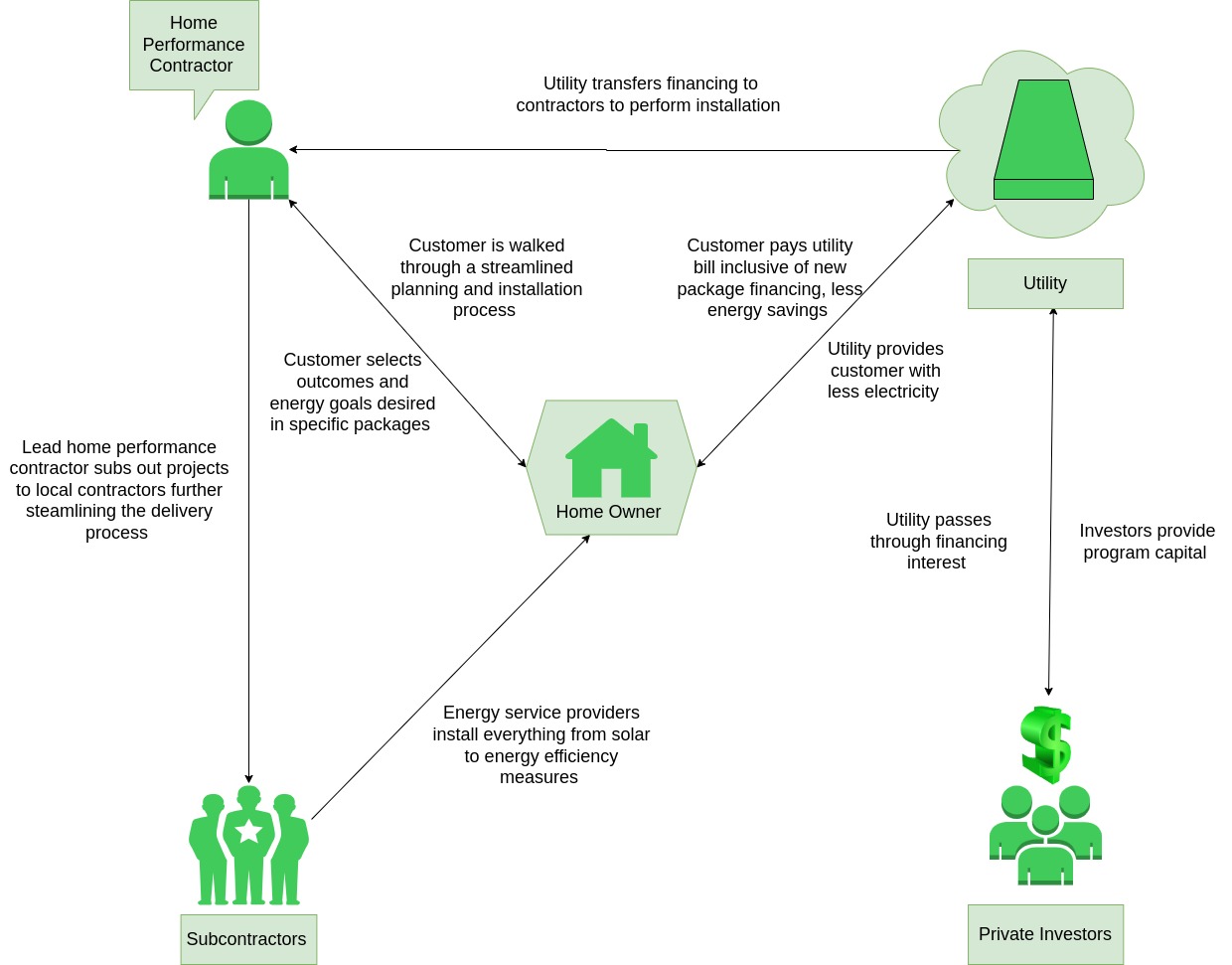GET MAX VALUE
Spectra Monitoring aggregates and transacts thousands of RECs from PV systems across California. This strong selling power allows us to secure the highest possible market price for you.

In California, Renewable Energy Credits (RECs) represent the amount of renewable energy, specifically 1,000 kWh (1 MWh), generated and fed into the grid. They act as a way to track and attribute clean energy production.
Learn More
At Spectra, we aim to accelerate the adoption of renewable energy by making Renewable Energy Certificates (RECs) more accessible and profitable for businesses and communities.
We simplify the acquisition and trading of RECs, helping organizations meet sustainability goals with ease.
Our advanced tracking and reporting systems ensure compliance with energy regulations while maximizing financial returns.
We empower businesses to optimize energy strategies, reduce carbon footprints, and contribute to a greener future.
The Role of RECs in Financial Benefits from Renewable Energy Investments
At Spectra, we empower businesses with cost-effective, high-value solar energy solutions that maximize efficiency and profitability—without the burden of upfront investments.
Lower operational expenses with optimized energy solutions.
Enjoy financial flexibility with minimal upfront costs.
Unlock new revenue through REC value sharing.

Spectra Monitoring aggregates and transacts thousands of RECs from PV systems across California. This strong selling power allows us to secure the highest possible market price for you.

Spectra Monitoring is a registered Account Holder and Qualified Reporting Entity in WREGIS. We adhere strictly to all WREGIS rules and regulations.

Spectra Monitoring's service fee is transparently taken from REC revenue. Spectra Monitoring remits payment to system owner on a quarterly basis. System owner retains legal ownership of REC's
We help commercial solar owners maximize the value of their solar system by capturing, reporting and monetizing their REC’s. Various entities buy these credits to meet their clean energy usage requirements, often as part of the state’s mandatory Renewable Portfolio Standard (RPS) compliance requirements.




